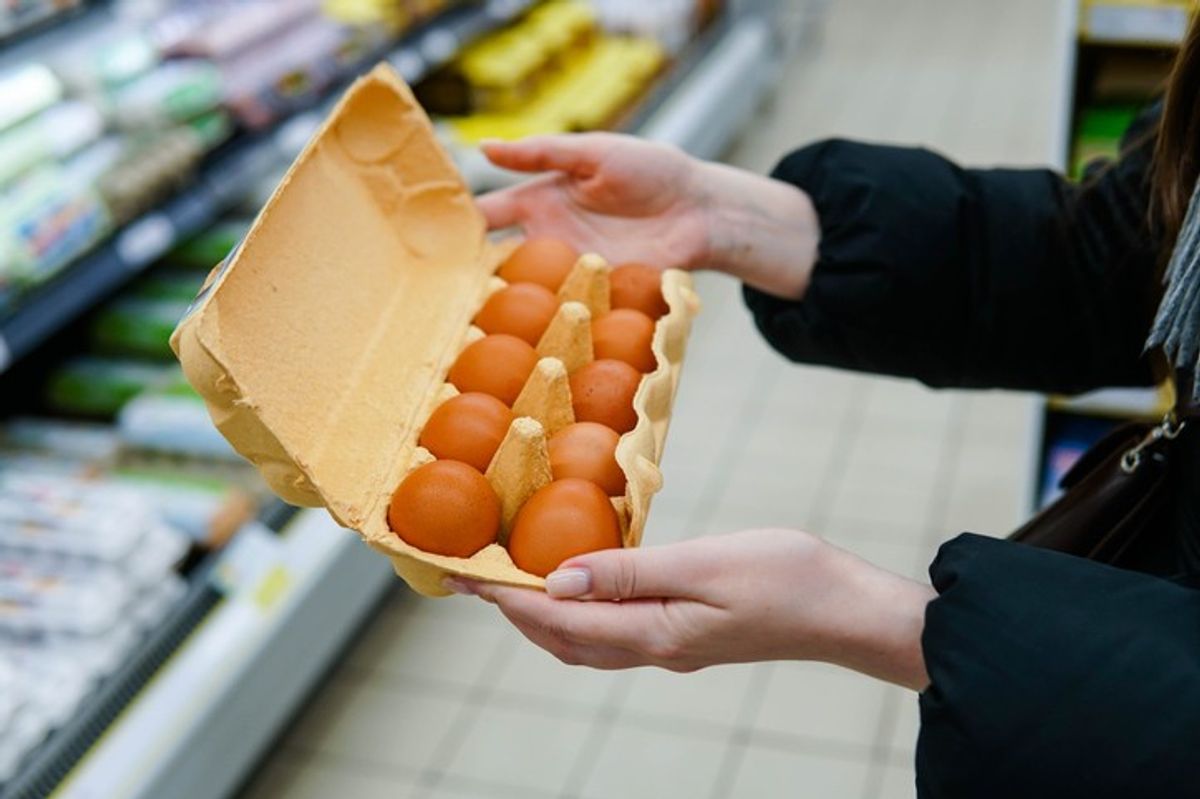Shoppers may see egg shortages on supermarket shelves for another year, a report has stated citing farmers' warning, saying egg production "is not a simple switch on, switch off system".
Shoppers are still being met with empty shelves as supermarkets ration supplies amid an egg shortage. Several factors, including food shortages, rising energy costs, and bird flu, are contributing to the ongoing egg shortage.
Llyr Jones, whose 32,000 hens supply Tesco, stated that factors like last year's skyrocketing energy prices caused several farmers to leave the business.
He said it would take time for it to return to "normality" now farmers have started re-stocking flocks.
Jones' hens currently produce just over 31,000 eggs per day from Derwedd Farm in Llanfihangel Glyn Myfyr, Conwy. Last year his feed bills rose from £30,000 a month to £50,000 due largely to the invasion of Ukraine, which is a major producer of the corn used for bird feed.
Jones said a rise in energy bills, the outbreak of bird flu, and the desire for less caged hens have also proved obstacles. He also alleged that supermarkets were initially reluctant to pay farmers more for their eggs, which made some quit the industry, while others chose not to re-stock their flocks.
"A lot of farmers decided not to re-stock and that then put pressure on the market and the price of eggs was forced up," Jone told BBC.
"Now, this year, egg prices have increased for us as farmers and thankfully our costs have started to fall a bit, so we're having to recuperate the money that we lost last year."
Although farmers are now putting in orders for new hens, getting hens back on farms and egg production to start will take another eight to 10 months.
"So, you're nearly a year until a farmer, from when he's empty, to when he can produce eggs. Now egg prices have gone up, some farmers are buying hens in now, but those eggs won't be on the market for another year," Jones said.
Farming union NFU Cymru warned that egg production "is not a simple switch on, switch off system".
NFU Cymru policy adviser Dafydd Jarrett has stated that egg producers were at the mercy of wholesalers and retailers to signal that they required their products.
"Egg production, like any food production system is not a simple switch on, switch off system," Jarrett told BBC. "Any disruption to primary producers in the food supply chain, as has happened recently, takes time to readjust."


